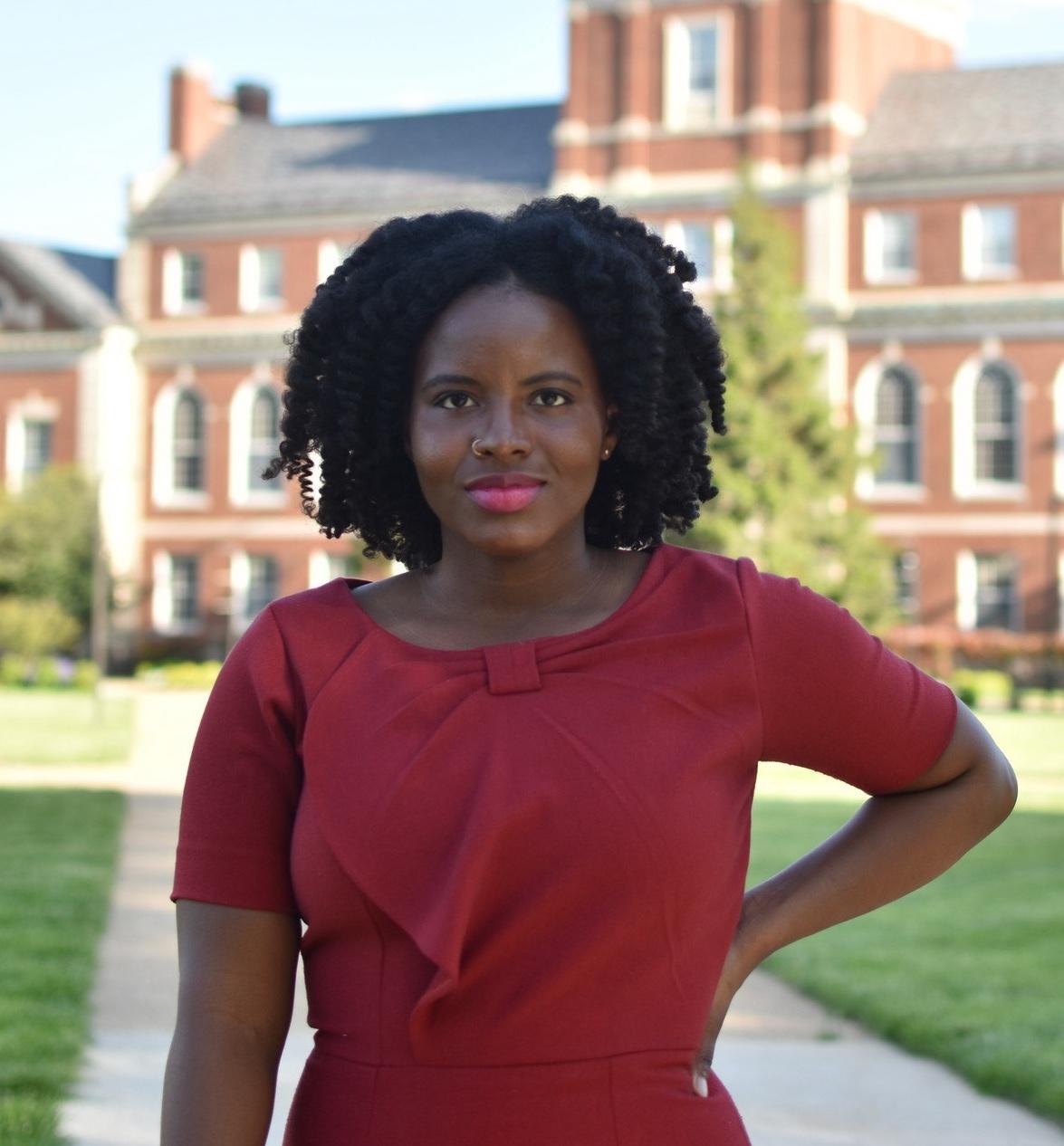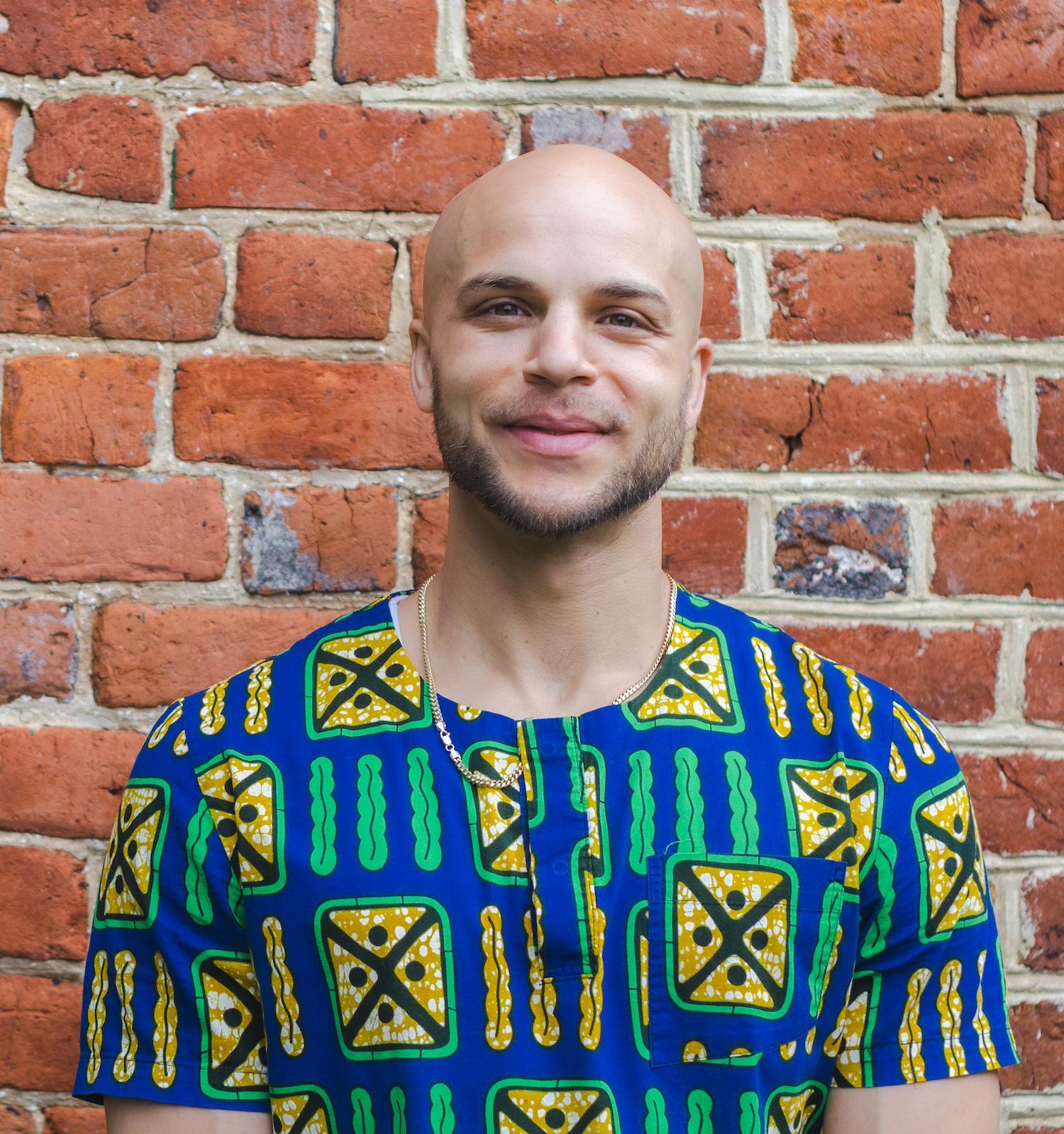When deeply rooted injustices and their responses, such as police violence against Black people and subsequent BLM protests, rise to the top of the public’s attention, our children ask all the right questions. Unfortunately, oftentimes teachers lack background to support an adequate answer. Same with parents.
The emergence of the current era, characterized by digital technology that increasingly utilizes biased AI algorithms, as well as misinformation and battles over competing societal narratives in school curricula, presents a unique challenge: How do I raise children empowered to navigate these complex webs?
While there is no simple answer, one vital part of it is to nourish development of their critical consciousness (CC).

CC, as originally conceived of by educational scholar Paulo Freire, is a metacognitive skill and a liberating process of developing a deeper understanding of self and the world. Research suggests that there are three aspects: awareness of and an ability to analyze socio-political contexts, sense of agency, and acting to challenge oppressive systems.
Research also suggests that CC can promote positive youth outcomes, such as strong decision-making skills, academic achievement, and career attainment, while simultaneously preventing negative outcomes such as social and health disparities, risky behavior in teens, and violence. Without CC, individuals may find themselves less able to navigate the world and to sense and identify environmental “traps.”
To strengthen youth’s CC, they must engage in analytic discussion of current events and societal phenomena, the underlying historical context, and related oppression impacting them and their community. CC also emerges by exploring one’s ethnic/cultural identity via learning more about their group’s history of achievement and contributions, and resistance to oppression.

The U.S. education system by-and-large fails to help youth gain CC, so parents must do so. Here are some suggestions.
- Know the platforms and accounts your child uses and the type of content they consume. The web is vast and social media algorithms curate experiences to maximize fixation and engagement. We know this deeply impacts child identity and development. You can also introduce your child to creators and accounts whose content aligns with your family’s values and interests.
- Discuss difficult current events and issues, especially those impacting aspects of their identity. For example, the virality of George Floyd’s brutal police murder led to CC emergence for many youth. Be ready to do this whenever your child’s interest is piqued, i.e. plan to have 30 unexpected one-minute chats, as opposed to one 30-minute discussion.
- Encourage independent research and critical analysis of any given information, especially when from digital sources. Oftentimes, this may require you to learn more about the issue’s underlying history. Spend time researching with your child and practice critically discerning the perspectives and interpretations presented within each source.
- Foster self-efficacy by encouraging a “do something” attitude. Youth who gain a critical perspective should also be encouraged to own their power to change and improve the conditions of their life and community via advocacy, community organizing, and social entrepreneurship.
Boost the impact of any of these by including family members and peers in the process!
Teaching your children how to dismantle the dogma, propaganda, and detrimental narratives from entities that are uninvested in their well-being can help instill a strong foundation for practicing critical consciousness, enabling them to navigate a more liberated, intentional, and self-directed life.
Kweli Zukeri is the director of UX and web strategy in the Office of University Communications. Brielle Brookins is manager of curriculum strategy, engagement, and implementation in D.C. Public Schools and an adjunct professor in Howard’s Department of Psychology. Together, they co-host “The Lib Lab” podcast, which examines optimizing child development.
Article ID: 1826




